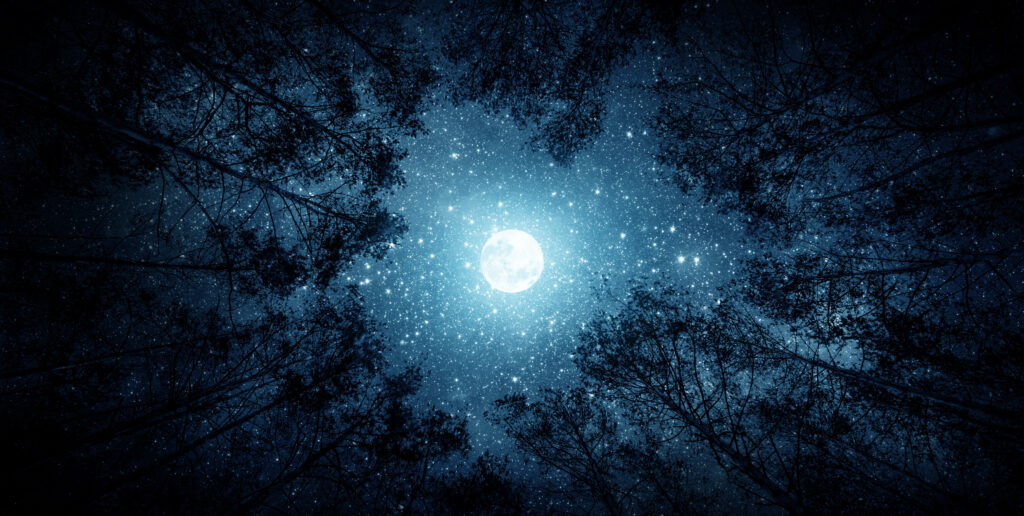
The moon, our celestial companion, has long captivated the human imagination. Its ethereal glow, waxing and waning, has been intertwined with myths, folklore, and even human behaviors. But is there any scientific basis for the moon’s impact on us, particularly on our brains? Let’s dive into the fascinating connection between the full moon and the brain.
Lunar Phases and Brain Activity
While scientific research on the full moon’s direct influence on human behavior is still a topic of study and debate, there is evidence to suggest that lunar phases may have subtle effects on the brain’s activity and subsequently on behavior. One key aspect of this connection lies in the moon’s effect on Earth’s electromagnetic field.
The moon’s gravitational pull on Earth creates tides, a phenomenon known as the tidal force. This force also influences the Earth’s electromagnetic field, which in turn interacts with the human body’s own electromagnetic field. The brain, with its intricate network of neurons and electrical activity, is particularly sensitive to such environmental variations.
The Pineal Gland and Circadian Rhythms
The pineal gland, a small endocrine gland located in the brain, plays a crucial role in regulating various physiological functions, including sleep and wake cycles. This gland is responsible for producing melatonin, a hormone that helps regulate sleep patterns.
During a full moon, the increased brightness of the night sky could potentially affect the production of melatonin. Some studies have suggested that individuals might experience slightly altered sleep patterns during the full moon phase, with slightly decreased melatonin levels. However, these effects are generally considered to be subtle and may vary among individuals.
The Human Connection with Nature
Beyond the electromagnetic and hormonal influences, the full moon holds psychological sway over humans due to its visual prominence. Throughout history, human societies have synchronized their activities with lunar cycles, from agriculture to cultural celebrations. The full moon’s radiant presence in the night sky naturally draws attention and elicits emotional responses.
This visual impact can have indirect effects on the brain by influencing mood, emotions, and even creativity. The full moon’s allure might spark a sense of wonder, introspection, or inspiration, stimulating brain activity associated with these states of mind.
The Bottom Line
While the science behind the full moon’s impact on the brain is not fully understood and its effects are generally subtle, it’s undeniable that the moon holds a special place in human consciousness. Its influence on Earth’s electromagnetic field, potential effects on melatonin production, and psychological connection with nature all contribute to the complex relationship between the full moon and our brains.
So, the next time you find yourself gazing up at the luminous full moon, remember that its influence reaches beyond folklore. It’s a gentle reminder of our intricate connection with the cosmos and the marvels of the universe that continue to intrigue and inspire us.
